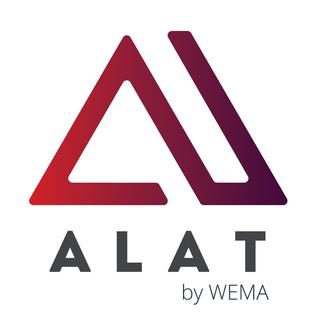A current account is a type of bank account that is designed for daily transactions. It allows you to deposit and withdraw money as often as you need to, and it provides you with a range of services to help you manage your finances. In Nigeria, current accounts are available from various banks, both traditional and digital, and they come with different features and benefits. In this blog post, we will take a comprehensive look at current accounts in Nigeria, including what they are, how they work, and what to consider when choosing one.
Table of Contents
What is a current account?
A current account is a bank account that is designed for frequent transactions. It is used by individuals and businesses to manage their daily finances, such as paying bills, receiving payments, and making purchases. Unlike a savings account, which is designed for long-term savings, a current account provides easy access to funds and allows for unlimited transactions.
How do current accounts work?
When you open a current account, you will be given a cheque book, a debit card, and access to online and mobile banking services. You can use these tools to deposit and withdraw money, pay bills, transfer funds, and make purchases. You will also receive periodic statements that show your account balance, transactions, and charges.
Current accounts are typically offered with a variety of features, such as overdraft facilities, which allow you to borrow money from the bank when your account balance is low. They may also come with a range of fees and charges, such as monthly maintenance fees, transaction fees, and ATM fees.
What are the benefits of a current account?
There are several benefits to having a current account in Nigeria, including:
- Convenience: Current accounts provide easy access to your funds and allow you to make transactions quickly and easily. You can use your cheque book, debit card, or online banking to manage your account from anywhere.
- Flexibility: Current accounts allow for unlimited transactions, which means you can deposit and withdraw money as often as you need to. This makes them a good choice for individuals and businesses that require frequent access to their funds.
- Overdraft facilities: Many current accounts come with an overdraft facility, which allows you to borrow money from the bank when your account balance is low. This can be helpful in emergencies or when you need extra funds to cover expenses.
- Credit facilities: Some current accounts also come with credit facilities, such as loans and credit cards. These can be useful for individuals and businesses that need access to additional funds for large purchases or to finance growth.
- Rewards and incentives: Some current accounts offer rewards and incentives, such as cashback on purchases or discounts on fees and charges. These can help you save money and make the most of your account.
Who should open a current account?
If you own or manage a business, you should consider opening a current account to manage your finances and conduct financial transactions.
Cons of a current account:
- Higher fees: Current accounts typically have higher fees than savings accounts, which can eat into your profits.
- Low or no interest: Most current accounts do not offer interest on deposits, which means you won’t earn any passive income from your account.
- Minimum balance requirement: Some current accounts require you to maintain a minimum balance, which can be a burden if you don’t have enough funds available.



